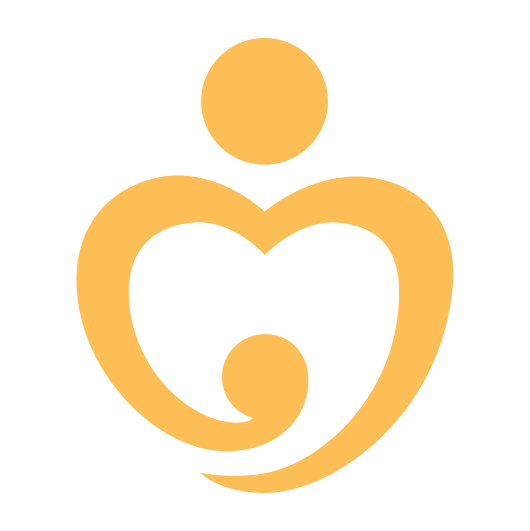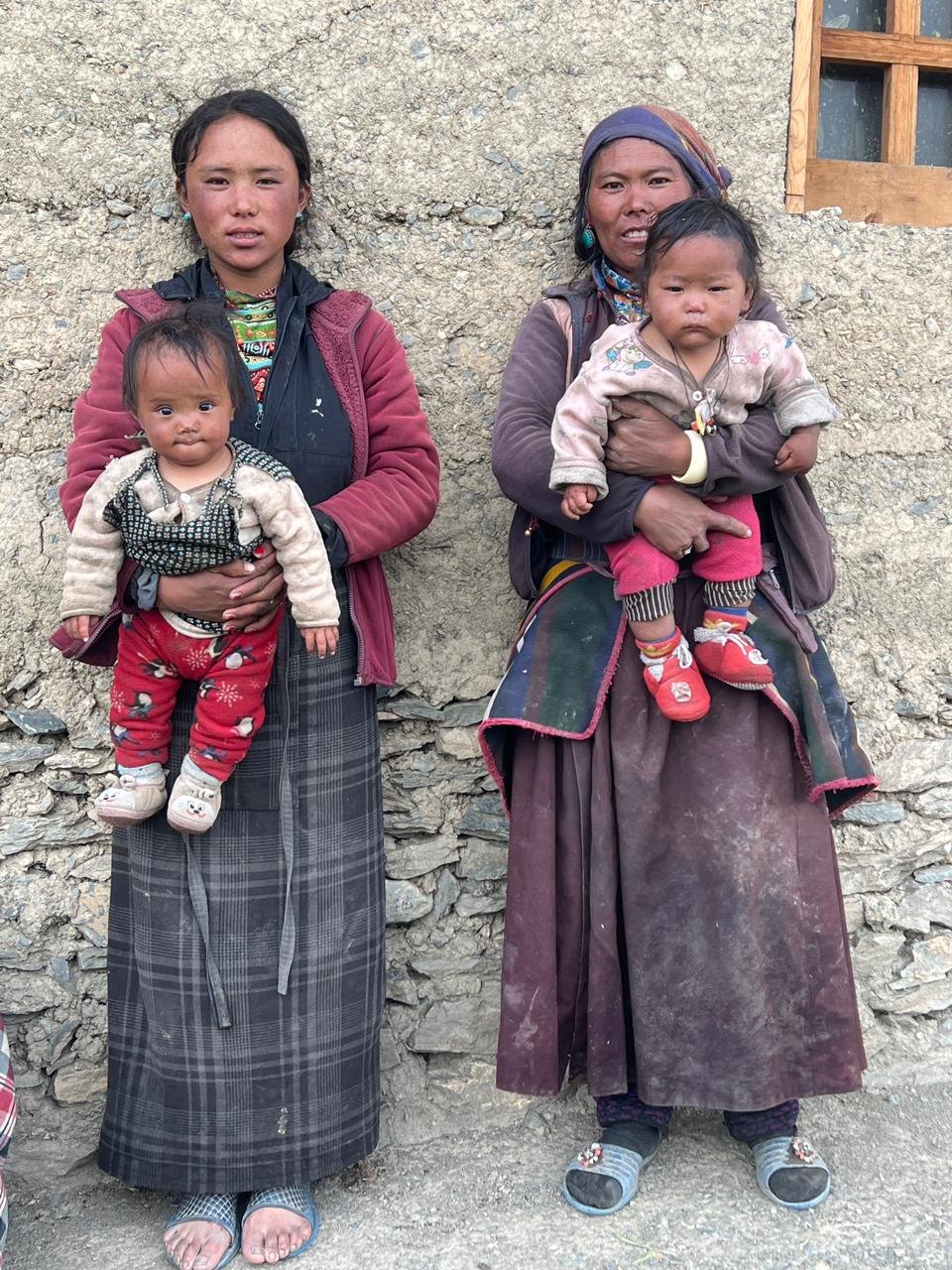Reaching the mothers of underserved communities in remote Dolpa
Voices from the Field Series
By Kalsang N. Lama in Dolpa
Winter is a dangerous season, especially for pregnant women in the upper mountain villages like Saldang in Shey Phoksundo Rural Municipality of Dolpa district, which lies in Karnali Province, which is home to some of Nepal’s most remote and poorest villages. During the winter months, the health staff is unavailable, and the health facilities are not fully functional. Most of the local villagers also migrate, leaving the villages and heading south to warmer places for survival from the cold. In this context, there is a low flow of patients at the birthing centers, which is why these centers are frequently closed until the winter is over.
At the same time, this is a very risky situation for women, especially mothers and pregnant women, who remain in their villages and are unable to leave despite all the hardship.
Dawa is one such woman I recently met at her home during my visit to Saldang village of Shey Phoksundo Rural Municipality. I received information from community health workers about her pregnancy. She had not reached out to the health staff from the local health facility because she was too shy to share anything. That is the norm among many local women from her Gurung community who often hesitate to share about pregnancy, which they feel is a very private matter. This was why I wanted to visit her, as I have done with several other women like her.
Dawa is from Saldang village, nestled in the high Himalayan regions, adorned by the vast alpine meadow landscapes, and lies in Shey Phoksundo Rural Municipality, one of the many municipalities in which One Heart Worldwide (OHW) is implementing its Maternal and Neonatal Health (MNH) Program in partnership with Np WEC to save the lives of mothers and newborns.
She was happy to welcome me to her home, and we were able to forge a good bond. I soon won her trust and confidence, which helped me understand her maternal health history. She already has four children, all daughters, and her husband wanted a son. She told me that having a son was highly important in her community so that he would grow up to care for the parents.
Dawa didn’t want to get pregnant anymore, but she was unable to get counseling on birth control as the health facility was closed. Without her husband’s knowledge, she even took Depoprovera, which is a hormone used for contraception with an injection and whose effect lasts for three months. However, she was unaware of the need for regular intake as she was unable to reach the health workers and got pregnant even though she was trying hard to prevent it.
When I met her, she had anemia and low blood pressure, and I managed to get hold of a health worker at Saldang Health Post to give her an iron tablet and calcium capsule. I also educated Dawa about the importance of antenatal care visits, birth spacing, and effective family planning methods.
Today, she is more educated with our help. Even just a little bit of information can make such a difference in the lives of many women. There is a lot to think about regarding how we, as health service providers, can help rural communities, especially those living in such remote places as Saldang, where people have no access to maternal and neonatal health education or health workers.
It is not just the winter season that causes difficulties but also a lack of clear communication when working with the women from local communities. Language is a big issue because health workers posted in government health posts are unable to understand and speak the local native languages. This is also why most women don’t want to visit the health facilities, as they are unable to speak Nepali fluently, which makes them unable to express and articulate their problems properly. This communication gap can deter the local community from understanding and practicing family planning.
The One Heart Worldwide team is also helping to identify the social and cultural norms and practices and other local contexts that are important parts of successful health intervention.





